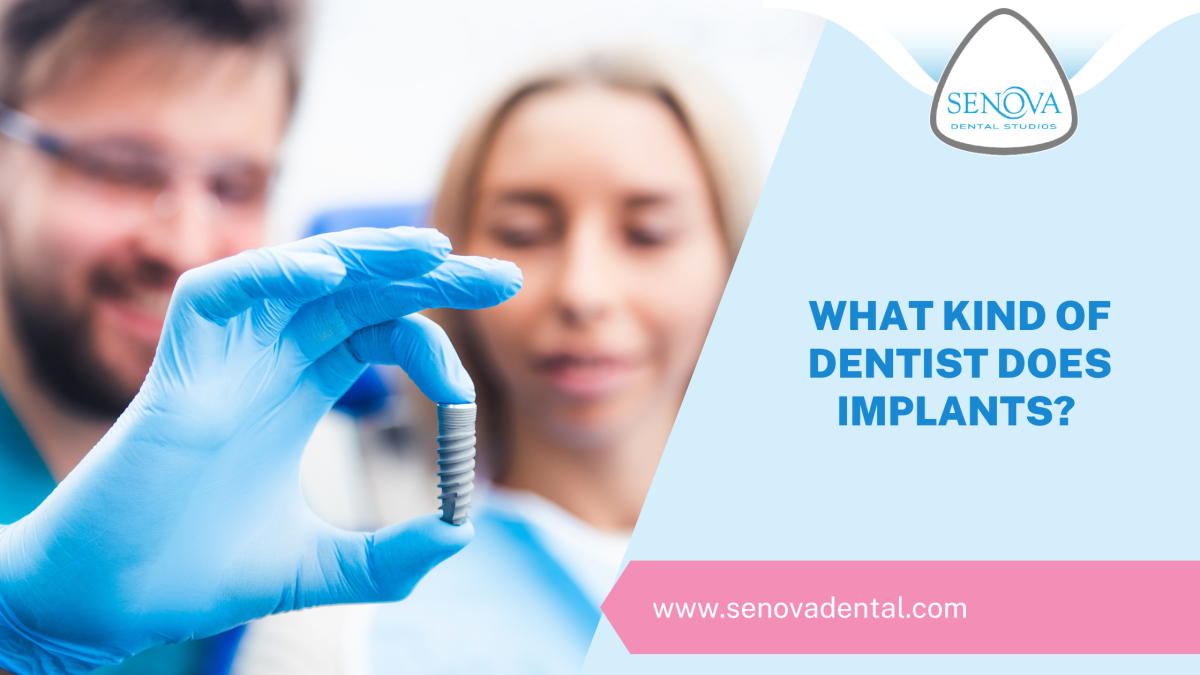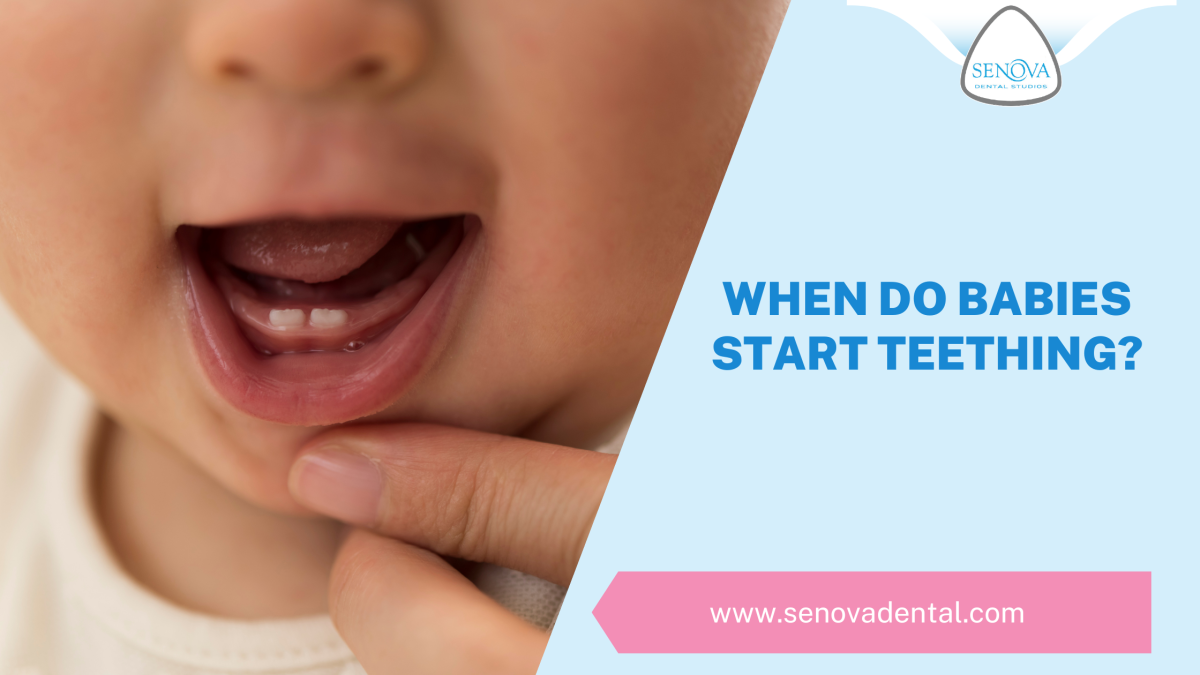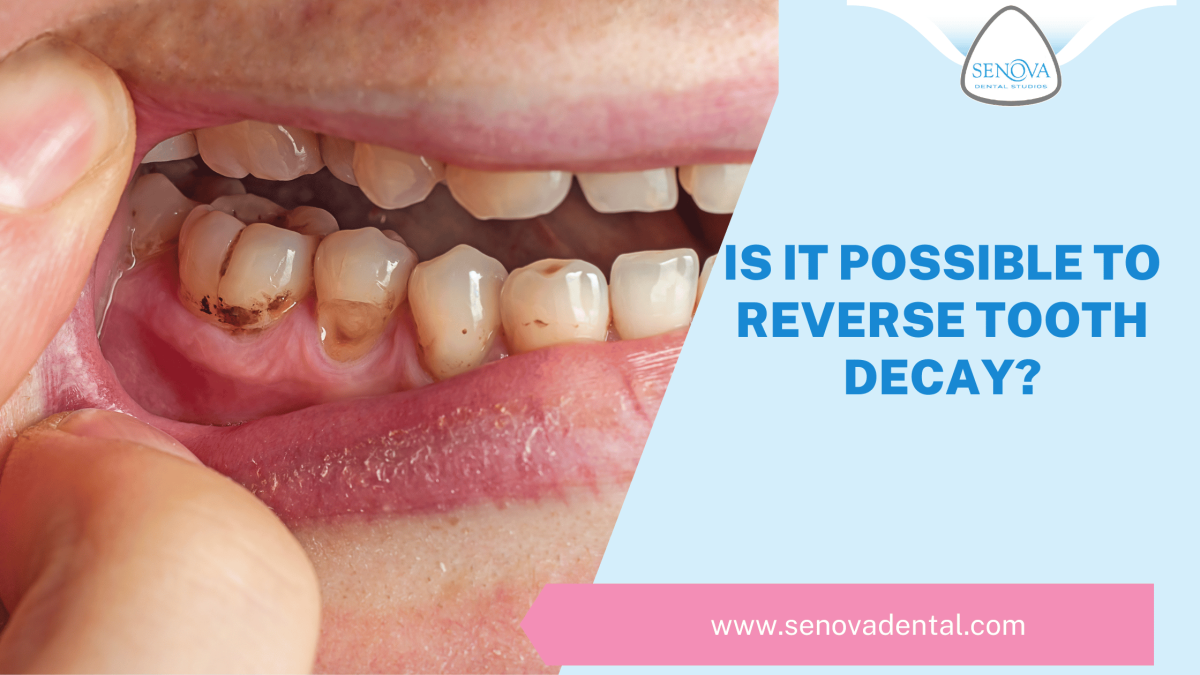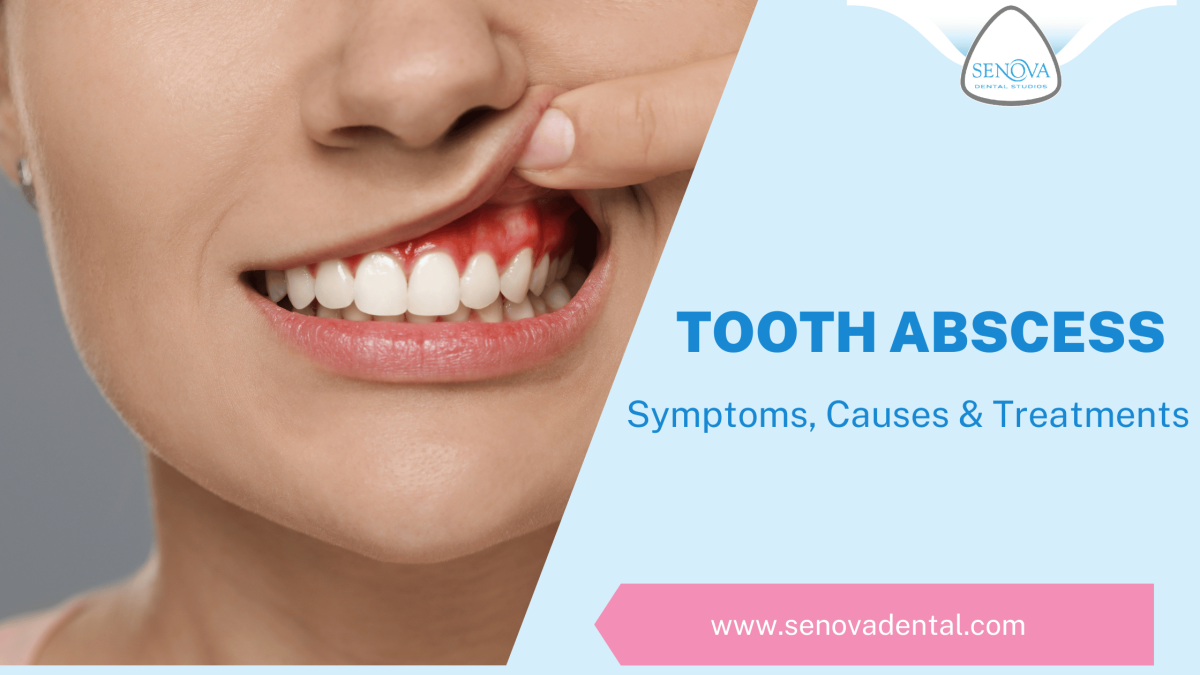
As parents, it is our responsibility to look after every aspect of our child’s health and wellbeing. We take care of everything, from their diet to their sleep, making sure they remain healthy and active. While all parents take good care of their child’s overall and physical health, many often neglect their oral health in the process – assuming that the milk teeth are not important since they will ultimately be replaced with their permanent successors.
This is a dangerous assumption. Your child’s milk teeth are as important as their permanent teeth. That is why parents should start looking after their oral health right from an early age. This also includes taking your kids to the dentist, even if all their milk teeth have not come out. “Ok, but when should I start taking my child to the dentist?” you might ask, like many other parents. This article explains everything you need to know about early childhood dental visits and when you take your child for their first checkup.
What Age Should A Child Go To The Dentist For The First Time?
Parents must start looking after their child’s oral health right after birth – even before their milk teeth start to erupt. During the first six months, when your child has no teeth, you can clean their mouth with a soft, clean cotton cloth. Once their first tooth appears – when your child is around the age of six months of age – you may start using a soft toothbrush for cleaning. You should consult with your child’s pediatric dentist whether you need to brush their teeth with a fluoridated toothpaste.
The National Health Service (NHS) recommends that you take your child for their dental checkup as soon as their first tooth appears or before their first birthday. This practice is vital for several reasons.
- Your child will become familiar with the dental environment early in life, and they are less likely to develop dental phobia later in life.
- The dentist will start monitoring your child’s oral health status early in life. Thereby diagnosing and correcting any problems that may cause more harm – or may require more extensive treatment – in the future.
How Often Should Toddlers Go To The Dentist?
Taking your child regularly for dental checkups will ensure that they remain healthy and active and help them develop good dental habits. According to a survey, over one-third of US parent thought that children should visit their dentist once a year at most. However, dentists have different recommendation. According to the American Association of Pediatrics Dentists, parents should take their child to the dentist every six months. However, this frequency may be increased to twelve months or decreased in some cases, depending on your child’s oral health status.
What’s The Best Age For First Dental Cleaning?
Professional teeth cleaning is done for patients who have excessive plaque or tartar deposits on their teeth. It is not recommended for children to undergo professional teeth cleaning at an early age. This is because with optimal oral hygiene maintenance through regular brushing and flossing, the chances of adherence of plaque and tartar deposits on your child’s teeth will be minimal. However, your child’s dentist may consider professional teeth cleaning when a child has severe gum inflammation or periodontal disease.
When Do You Lose All Your Baby Teeth?
Here’s a quick summary of the baby tooth eruption sequence and when they are lost:
- Your child’s first milk tooth should appear around six months after birth. This process will continue for the next couple of years until all their milk teeth have come out.
- Around the age of six, your child’s milk teeth will start to fall out one by one, getting replaced with their permanent successors till the age of 11-12 years.
- At this point, all your child’s milk teeth will have been replaced by permanent teeth.
However, in some cases, the eruption of the milk teeth or exfoliation of the primary teeth may get delayed although this is not very common.
Why Do Children Lose Their Baby Teeth?
Consider your child’s baby teeth are placeholders for their permanent successors. The permanent teeth lie just below the milk teeth. When your child is around six years of age, the underlying permanent teeth will start to erupt, pushing the milk teeth outward and making them mobile so that they fall off easily.
As your child grows, their diet and eating habits will also change. Growing children need more energy, which usually comes in foods that need to be chewed thoroughly. That is why the milk teeth are replaced with permanent ones, as the permanent teeth are much larger and more robust than the milk teeth. And if you think about it, a small child with a small mouth and head simply couldn’t cope with the size of teeth that are required for an adult!
At What Age Can You Get A Cavity?
A tooth cavity can form at any age. Two factors are essential for causing teeth cavities;
- sugars
- disease-causing bacteria.
If your child has a habit of drinking milk or sugary drink before sleeping, and the sugars inside the milk will adhere to the teeth and facilitate the attachment of harmful bacteria that cause teeth cavities. While the development of tooth decay is not age-dependent, it can be easily prevented – through regular oral hygiene maintenance.
Are Fillings Advisable For Children?
The dentist will consider various factors before choosing the type of fillings used for restoring your child’s teeth cavity. These include the size, location, extent, as well as age of the child. If the damaged milk tooth is about to fall out, the dentist may place a temporary filling. On the other hand, if the affected tooth is not expected to erupt anytime soon, the dentist may use semi-permanent or permanent fillings like glass ionomer cements.
Your child’s physical health and wellbeing are directly dependent on their oral health. Good dental hygiene habits learnt during childhood can go a long way in ensuring that your child retains their pearly whites throughout life.
Therefore, their oral health should be considered as important as their physical wellbeing. At the Senova Dental Studios in Watford, we will take care of every aspect of your child’s oral health, right from when their first milk tooth appears to when all their permanent teeth have come out. So, book a virtual consultation with our dentist today and let your child enjoy a healthy and lasting smile.
- What Kind Of Dentist Does Implants? - December 1, 2024
- When Do Babies Start Teething? - October 26, 2024
- Is It Possible To Reverse Tooth Decay? - September 29, 2024




